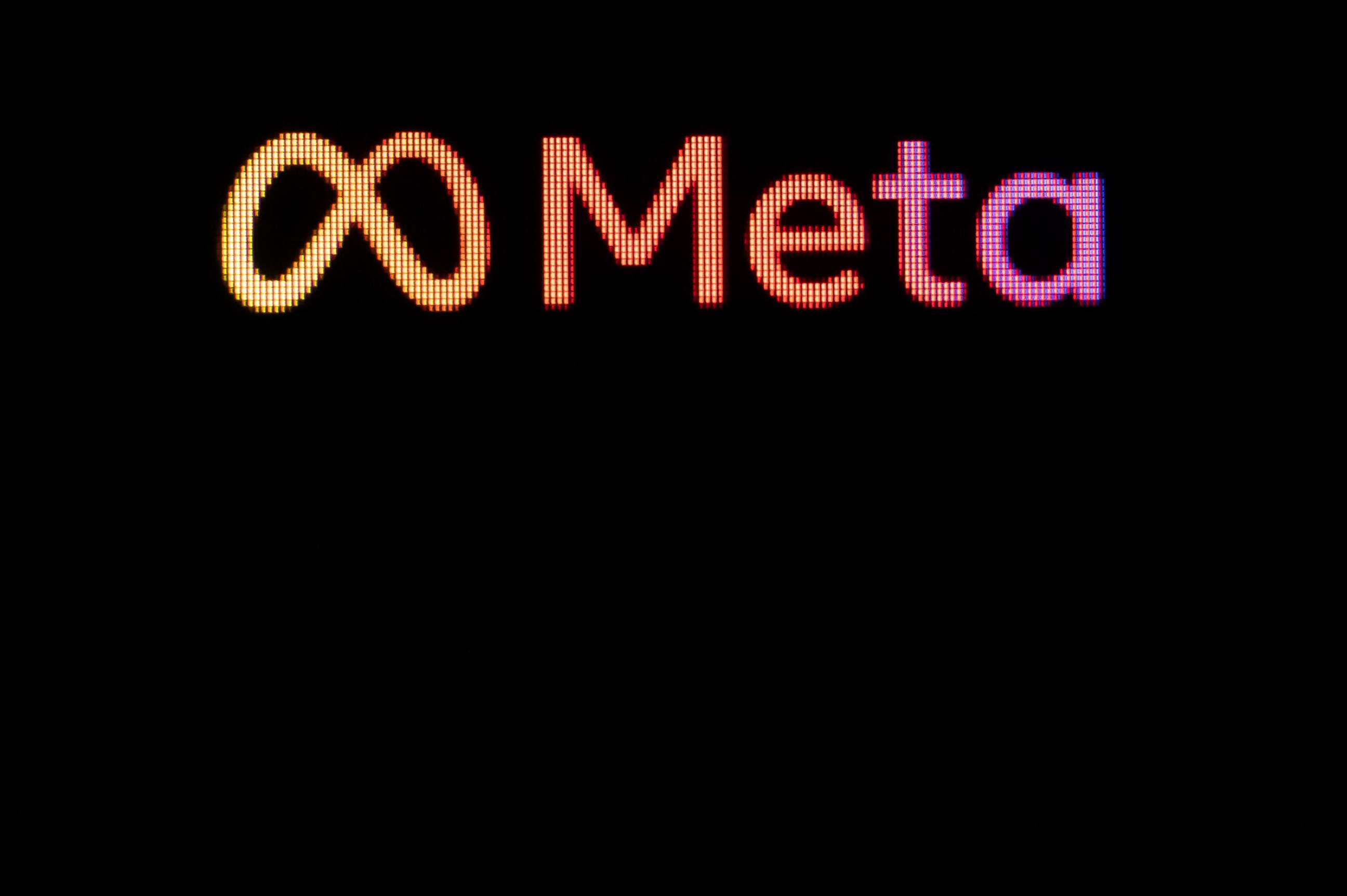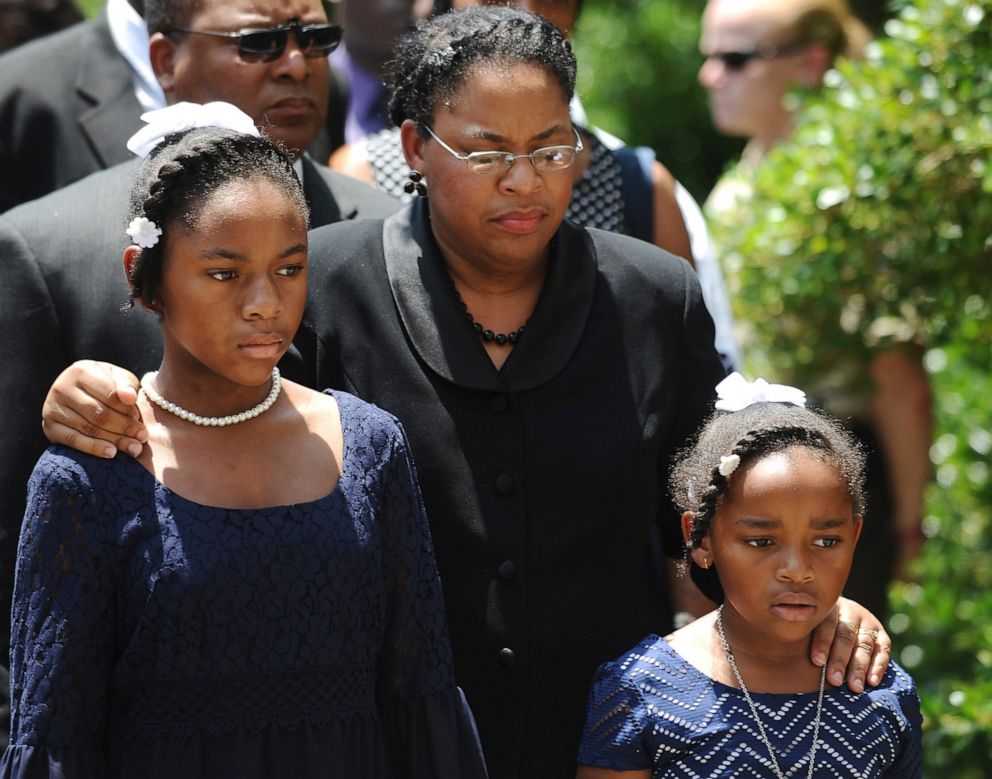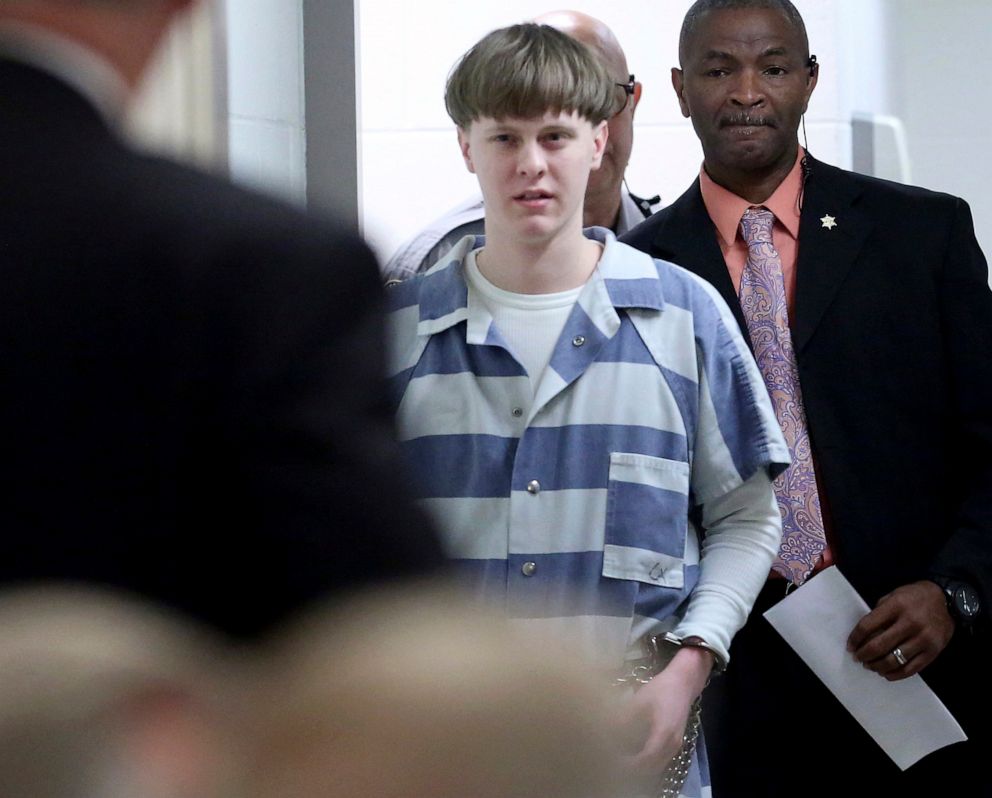Lawsuit alleges Facebook helped 'radicalize' Charleston church gunman
The suit alleges the shooter was shown white supremacist propaganda "by design."
The family of one of the victims in a racially-motivated attack at a Black South Carolina church in 2015 has sued Meta Platforms, the parent company of Facebook, alleging that the social media platform helped "radicalize" the shooter.
Dylann Roof was sentenced to death in 2017 for fatally shooting nine Black churchgoers during a Bible study session at Mother Emanuel AME Church in Charleston. It marked the first time a death penalty verdict was rendered in a federal hate crimes case, the Justice Department said at the time.

Clementa Pinckney, a senior pastor at the church, was among those killed in the attack. His wife, Jennifer Pinckney, filed a lawsuit on behalf of their minor daughter in Charleston County federal court this week, alleging that Facebook's "defective" design of its algorithms and product contributed to Roof being directed white supremacist propaganda on the platform.

"Extensive study of Dylann Roof has shown that his formative years and familial environment did not include instruction as to white supremacist ideology. Rather, research shows that Roof was radicalized online by white supremacist propaganda that was directed to him by the Defendants," the complaint stated, claiming that Facebook's algorithm "optimizes for angry, divisive and polarizing content."
"By design, Roof was shown so much white supremacist propaganda that he believed the heinous act he ultimately committed at Mother Emanual was necessary to spark a race war and save the white race," the complaint stated. "Roof's online radicalization led directly to unspeakable offline violence. And it was all entirely foreseeable to Defendants."
In addition to Meta, the complaint names several Russian defendants that it alleges were aided by the company's "defective products" to "incite racial hate and racial violence in the United States."

The family is claiming negligence and product liability and seeking an unspecified amount of damages.
A spokesperson for Meta told ABC News that the company does not comment on ongoing litigation.
In addressing hate on the platform, Facebook has said it does not allow groups or people that "proclaim a violent mission," including hate organizations. The company has also said its policies have "long prohibited hateful treatment of people based on characteristics such as race, ethnicity or religion," including white supremacy.
In 2019, the company announced a new policy to also ban "praise, support and representation of white nationalism and white separatism" on Facebook and Instagram. "It's clear that these concepts are deeply linked to organized hate groups and have no place on our services," it said in a statement at the time.




